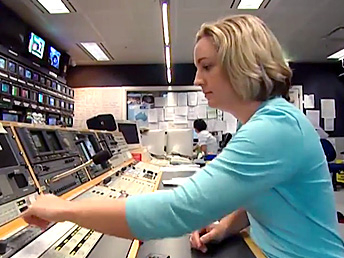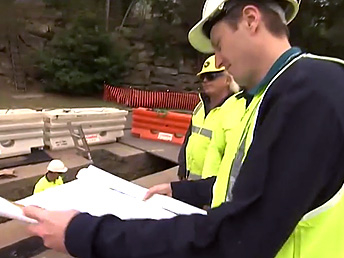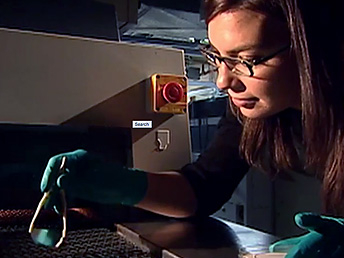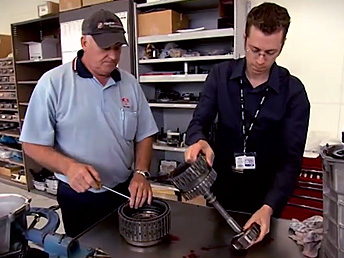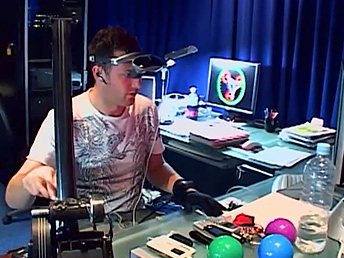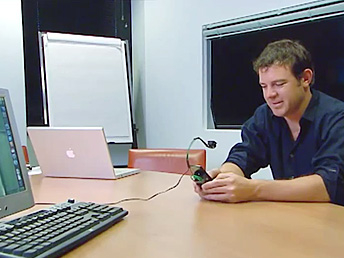
Mechanical Engineer
A mechanical engineer looks after anything that has motorised components that move. You might be involved with designing, developing and testing a concept or maintaining machines.


What the job looks like
Salary expectation
starts at $50,000 up to $118,743+

The good
- Working on different types of machines
- Using different equipment and sometimes the latest technologies
- Doing different work each day
- Fixing problems and creating new or better ways for a machine to run
- Hands-on, not stuck at a desk
The not so good
- If something goes wrong people’s safety could be put in danger
Mechanical engineers deal with a range of machinery, from a helicopter tail rotor through to mining equipment. It is your job to look after machinery and this might include building it, repairing it, doing regular service checks and sometimes developing new systems.
Most of the projects you will work on involve math. Mechanical engineers use math for many different reasons like using physics formulas to determine things like energy and force, using algebra to design suspension systems or developing algorithms for computer software.
You will spend a lot of time in the field learning how a particular piece of machinery works. Most of your other time will be in a workshop or area where you develop or fix whatever you are working on.
Good communication skills are also important. You will deliver presentations on how a piece of equipment works and usually have to put together a report or even write an instruction guide to compliment your machine. Studying at university involves writing lots of essays and reading which require analysis and writing in a particular style.
If you are creative, enjoy solving problems and like working with machines and technology, then mechanical engineering could be for you.
My job is really about keeping the aircraft flying for as long as possible in a safe manner, it's such a rewarding job.
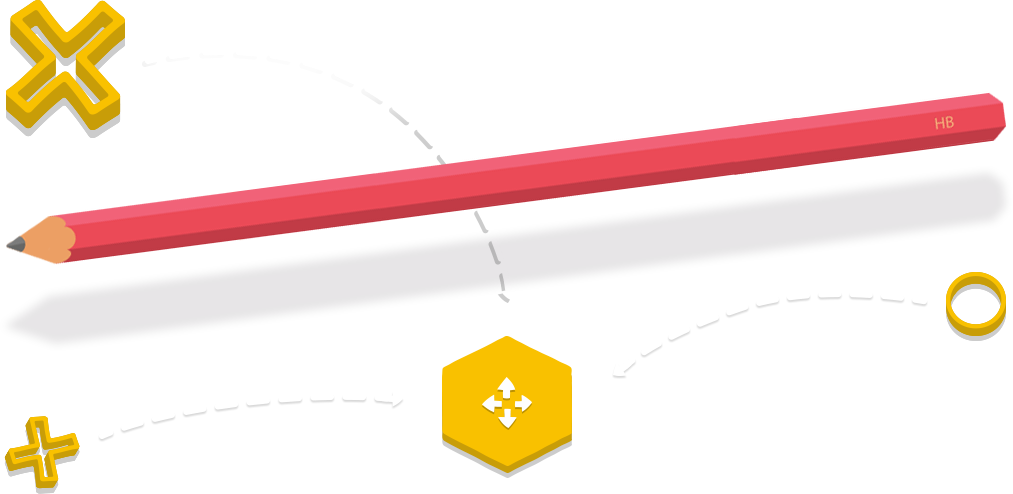
Pathways to this career
Subject suggestions for the HSC
Choosing your HSC subjects from this list could really help with your career. Think carefully about what you want to study after school as you might need to choose specific HSC subjects for that course and to count towards your ATAR (Australian Tertiary Admission Rank). An ATAR is your academic rank in relation to other HSC students and helps with University admission.
HSC subjects
Some subjects will count towards your ATAR, others will not. Check with your career advisor before making subject selections.
- English (Advanced or higher)
- Mathematics (2 unit or higher)
- Physics
- Engineering Studies
- Industrial Technology
What can I do after I have finished school?
University degrees
Studying one of these degrees can help with your career.
- Bachelor of Mechanical Engineering
Courses and qualifications
Courses and qualifications can give you a great start.
- Advanced Diploma Mechanical Engineering
- Australian Defence Force
Suggestions
Check out The Defence Science and Technology Organisation and Engineering Australia for more information
- See if you can do work experience with any engineering companies in your area
- Look at some mechanical engineering videos on YouTube to get an understanding of what it involves
- Focus on mathematics and physics at school
- Go to career expos and events like university Open Days for information about what you will study
